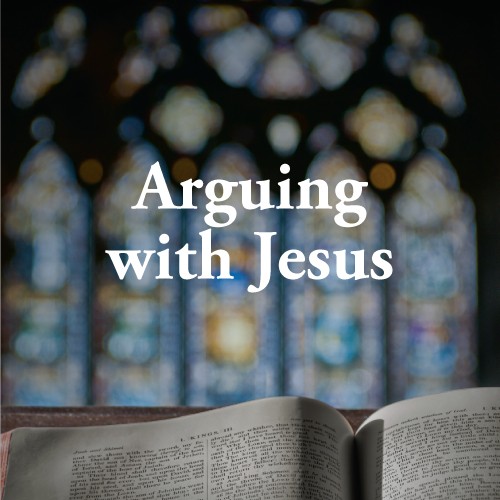Sermon
True Wisdom
By Tim Keller

Tim Keller | August 26, 2001
Is there an ultimate argument for the truth of Christianity? In this sermon, we will look at three questions: 1) What is the ultimate argument for Christianity? 2) How does it work? 3) Where does it lead?